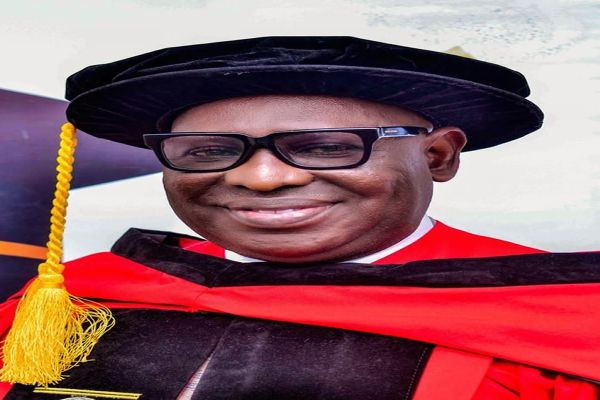Education expert, Dr. Joseph Otuagoma, has called on the Federal Government to uphold its agreement with the Academic Staff Union of Universities (ASUU) to end the cycle of industrial actions that continue to disrupt Nigeria’s higher education system.
Speaking to reporters in Lagos, Otuagoma described the frequent ASUU strikes as a major setback to the nation’s academic development, noting that they have eroded public confidence in university education and worsened students’ welfare.
“In Nigeria, if a university doesn’t go on strike for a year, people are surprised. A course meant to last four years often stretches to six or seven,” he said. “These strikes don’t just delay education—they damage students’ mental health and career prospects. Many become idle, depressed, or influenced negatively. It’s a national tragedy.”
He urged the government to end what he called a “cycle of unfulfilled promises,” stressing that consistent failure to honour agreements with university unions fuels repeated crises.
“Each time ASUU threatens to strike, the government makes new promises, knowing they won’t keep them. That must stop,” Otuagoma stated.
His comments come on the heels of ASUU’s decision to suspend a two-week warning strike that began on October 13, 2025. The union halted the industrial action following renewed assurances from the Federal Government and the National Assembly to address its long-standing demands, including the review of the 2009 ASUU–Federal Government agreement, payment of outstanding salaries and earned allowances, and release of the university revitalisation fund.
Otuagoma also urged greater investment in laboratories, libraries, and technology-driven classrooms to improve learning outcomes.
“There are students studying computer science who have never touched a computer. How can that produce quality graduates?” he asked.
He decried the chronic underfunding of public schools and the shortage of qualified teachers, particularly in rural areas.
“In some schools, one teacher handles multiple subjects. In others, corps members fill in, often with little interest in teaching. That’s not how to build a strong education system,” he noted.
While commending the role of private schools in filling the gap, he insisted that Nigeria must treat education as a national emergency.
“No nation can rise above the quality of its education system. If we keep neglecting it, we’ll continue producing half-baked graduates. But if we invest in teachers, infrastructure, and innovation, we’ll see real progress,” he said.
Otuagoma concluded by urging the government to emulate the accountability and focus seen in private institutions.
“Private schools have shown that quality education is possible. It’s time for government schools to do the same,” he maintained.









